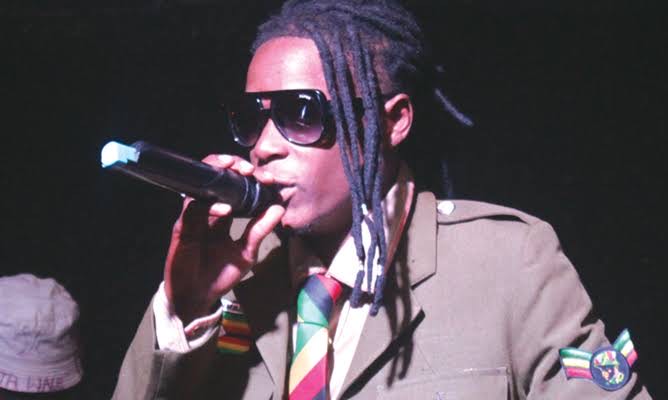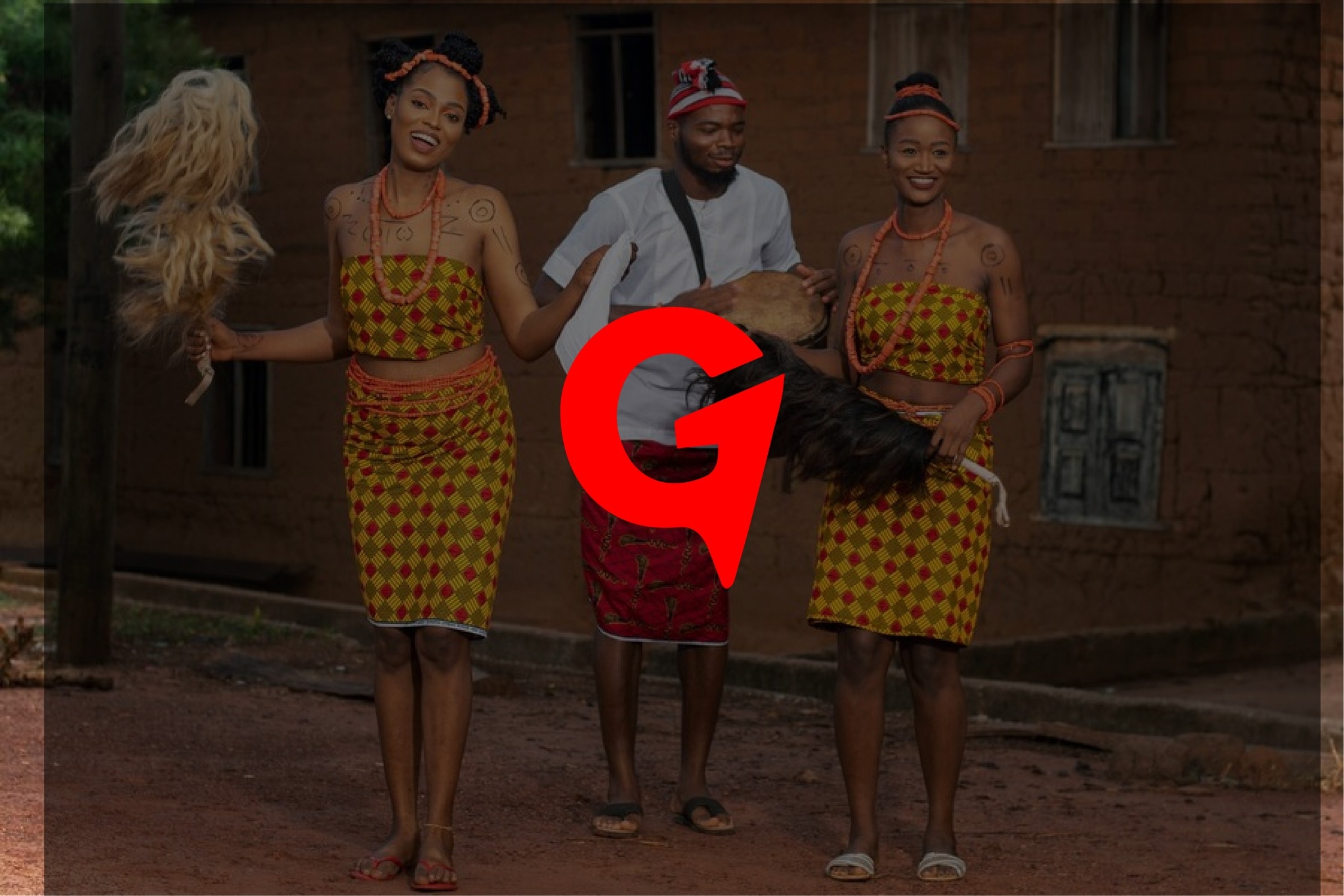Zimbabwe dancehall, loosely known as Zim-Dancehall, a genre born in the early 2000s, has become a powerful medium for self-expression and social commentary in Zimbabwe. Emerging from the streets of Harare, this unique blend of Jamaican dancehall and local Zimbabwean music has provided a platform for artists to address political instability, police brutality, and everyday life.
Zim-Dancehall is widely embraced by the youth in the country and it adds on to the popular traditional genres such as Chimurenga and Jiti(dance music).The two genres date back to the 80’s and became popular amongst the Shona people, through pioneers including Thomas Mapfumo, Bhundu Boys and Baba Harare, to name but a few.
Pioneers of Zim-Dancehall
Artists like Winky D, Tocky Vibes, and the late Soul Jah Love pioneered the genre, drawing inspiration from Jamaican dancehall legends like Shabba Ranks and Buju Banton. Winky D, in particular, has gained international recognition, collaborating with artists like Beenie Man and Elephant Man.
International Reach
Zimbabwe dancehall has transcended borders, with artists like Tocky Vibes and Seh Calaz performing in countries like South Africa, Botswana, and the UK. This international exposure has helped amplify the genre’s message, resonating with fans worldwide.
A Voice for the Youth
Zimbabwe dancehall has become a powerful tool for the youth to speak out against political instability and police brutality. Artists like Killer T and Ras Caleb address these issues in their lyrics, inspiring a generation to demand change. The genre’s raw energy and authenticity have made it a beacon of hope for those seeking a voice.
Influence on Social Commentary
Zimbabwe dancehall’s impact on social commentary cannot be overstated. Artists use their music to confront issues like corruption, poverty, and human rights abuses. This fearless approach has sparked important conversations, mobilizing the youth to take action.
Conclusion
Zimbabwe dancehall is more than just a genre – it’s a movement. Born from the streets, it has become a powerful voice for the voiceless, inspiring a generation to speak out against injustice. As the genre continues to evolve, its impact will undoubtedly be felt far beyond Zimbabwe’s borders.
Gazankulu.com
Caption: Winky D has featured Jamaican Dancehall legends such as Beenie Man and Buju Banton
Caption: Soul Jah Love’s impact is still felt in Zimbabwe even after his untimely death
Caption: Ras Caleb is counted amongst the pioneers of Zim-Dancehall











Add Comment